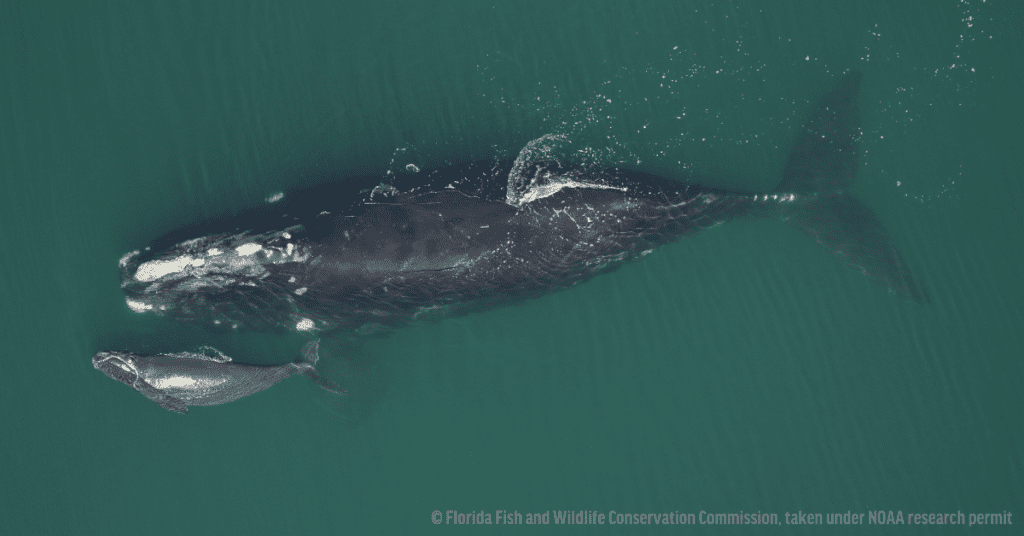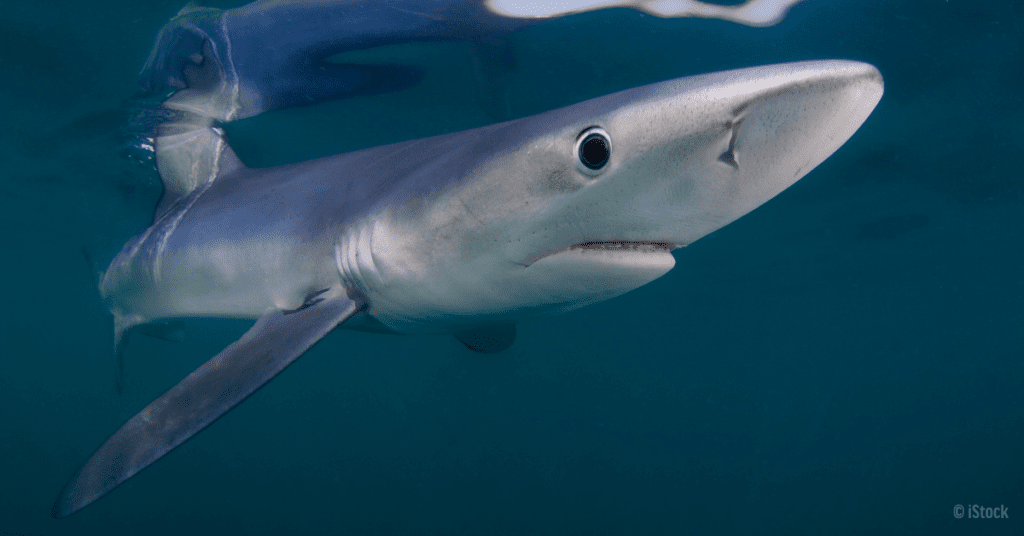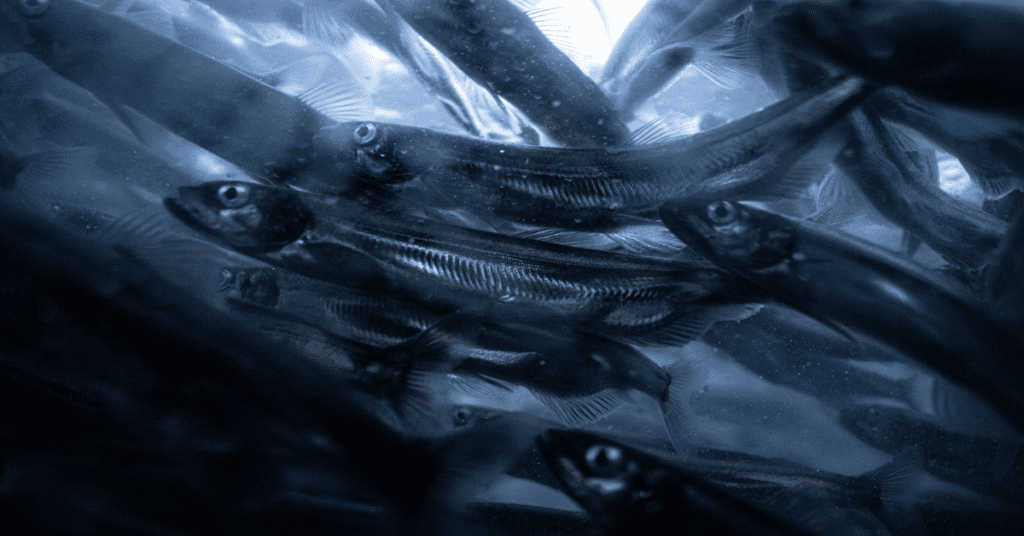December 6, 2024
Five Ocean Gift Givers: Marine Species & Habitats That Keep on Giving to the Planet
Estimated reading time: 0 minutes
BY: Liv Ward
Topics:
Now that we are in the giving season, let’s spotlight some of the most underrated gift givers in the ocean! Every living thing benefits from the gifts of the ocean because we are all connected. From krill exploring the sea floor to whales traveling across the ocean to humans around the world who draw inspiration as well as food and livelihoods from it. Even if you live far from the coast, everyone depends on the ocean and the species we share them with.
Every species and habitat have a role to play and gives to the planet in incredible ways – including the five species we’re about to dive into. Without just the few species and ecosystems highlighted below, the planet would be put out of balance and more vulnerable to climate change. So let’s take a moment to celebrate these five ocean gift givers.
Whales gift you oxygen – through their poop

Whales are more than majestic ocean giants; they are vital contributors to the Earth’s oxygen cycle. Through their, well, poop, they indirectly sustain all life on earth. It’s simple, without whales, there would be no whale poop…without whale poop, there would be no phytoplankton, which provides roughly 50% of the oxygen on the planet. Because whales feed on nutrient-dense prey, their feces contain the core elements needed to grow phytoplankton; iron, nitrogen, and phosphorus. In turn, phytoplankton contribute more oxygen to the Earth’s atmosphere than all tropical rainforest’s combined.
Want to help bring more whale poop to the ocean? Join us and help protect right whales from extinction by signing this petition here >>>
Sharks gift you a cleaning service

Sharks contribute to the health of the planet through their ability to clean things up. As apex, or top predators, in the ocean they regulate the populations of many other species, sustaining a balance in the food web and maintaining healthy biodiverse ecosystems. They reduce the spread of disease within fish populations, feeding off the sick, weak, and old.
Sharks are a key indicator species – their presence reflecting the health of the ocean and its ecosystems. Oceana Canada’s science-driven campaigns have led to victories that protect the protectors of the oceans! Oceana Canada, alongside many supporters, successfully banned the trade of shark fin in Canada.
Capelin gift you an ocean food web in motion

Capelin may be small, but they have a mighty role to play in the north Atlantic Ocean. These tiny fish are inextricably linked to the marine ecosystem of northeast Newfoundland and Labrador. They transfer energy through the food web and support many species such as humpback whales, salmon, and seabirds like puffins. As the primary and preferred food source of the iconic northern cod, capelin are key to Newfoundland and Labrador’s – and Canada’s – collective future, one that should be filled with an abundance of fish and thriving fisheries!
Sign our petition and tell the government to rebuild capelin by closing the commercial fishery!>>>
Sea canyons gift you ocean highways that sustain life

Submarine canyons are essential in shaping ocean currents, playing a key role in maintaining environmental stability and ecosystem health. These steep, deep valleys guide water flow, creating turbulence that exchanges water between the surface and the deep sea. As currents pass through submarine canyons, they stir up nutrient-rich waters from the depths and help circulate oxygen and organic material from the surface. Their ability to foster nutrient and oxygen exchange helps support the health of Canada’s vulnerable marine ecosystems.
Submarine canyons also provide critical habitats to support fish and other species like corals and sponges, making them vital to ocean life. Unfortunately, these habitats are at risk. Human activities like bottom-contact fishing, oil and gas drilling, and pollution from lost fishing gear are damaging these fragile ecosystems. Despite their significance, submarine canyons still lack permanent protection to preserve their role in marine health. Learn more about our campaign to protect ocean habitats like sea canyons. >>>
Kelp forests gift you a climate solution wrapped in biodiversity

Kelp forests provide important marine habitat that are great at sequestering carbon, which is the process of capturing and removing carbon dioxide (CO₂) from the atmosphere. Not only are they a vital contributor to the regulation of the planet’s carbon gases, kelp forests also provide shelter for hundreds of species, from sea lions, sea otters and sharks to crabs and nudibranchs (sea slugs), making them a hotspot for biodiversity.
Give back to the blue this holiday season
Knowing all that these incredible species and habitats do for us, and the health of the planet, we hope you’ll join us in celebrating and protecting the ocean. Donate to Oceana Canada and support our work to protect critically endangered North Atlantic right whales and marine habitats, stop plastic pollution and rebuild wild fish populations. Let’s work together to help oceans off the coast of Canada’s thrive. Give back to the real gift givers of the planet by clicking HERE to donate! >>
MOST RECENT
April 24, 2025
March 6, 2025
February 3, 2025
January 22, 2025
Celebrating New Beginnings in 2025: Four Right Whale Calves Spotted Off Florida Coast

